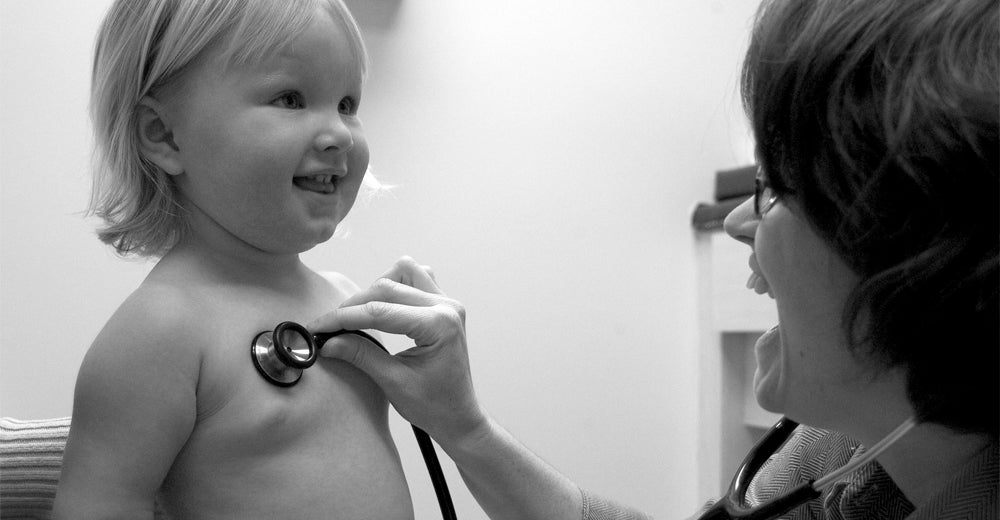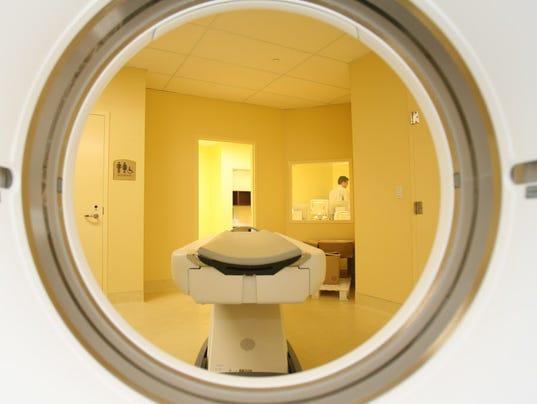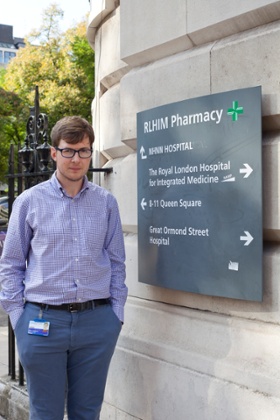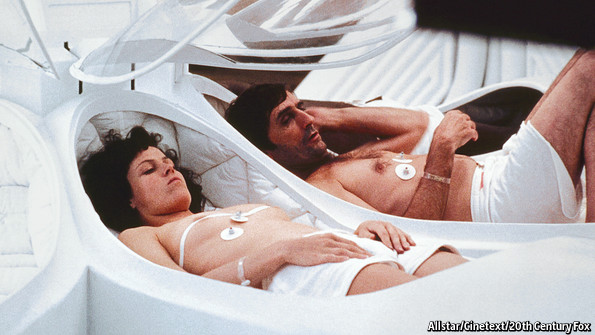Monica Hughes recently gave an excellent talk on, "
The Transformation of American Healthcare: Lessons from the Veterans Administration and Existing FDA Standards of Care" to
Liberty On The Rocks at Flatirons.
Her talk is now available on YouTube (3 parts).
Part 1
Part 2
Part 3
Disclaimer and synopsis:
DISCLAIMER: The speaker is not a medical doctor or health care practitioner. The ideas in this video are not intended as a substitute for the advice of a trained health professional. All matters regarding your health require medical supervision. Consult your physician and/or health care professional before adopting any nutritional, exercise, or medical protocol, as well as about any condition that may require diagnosis or medical attention. In addition, statements regarding certain products and services represent the views of the speaker alone and do not constitute a recommendation or endorsement or any product or service.
Synopsis: In January 2014, Robb was diagnosed with glioblastoma multiforme (GBM), one of the deadliest brain cancers in existence. Nicknamed "The Terminator" the median survival time is around 11 months. Robb had brain surgery on January 16, which was performed by a team of surgeons while Robb was awake. The surgery was a success.
Monica's research into the post-surgery treatments that worked best for other survivors showed that they were not approved by the Food and Drug Administration, so they'd have to go to a cancer center that sprouted up in Tijuana, Mexico for treatment which included a 100 year-old immune system booster called Coley's Vaccine.
Bio: Monica Hughes has bachelor's, master's, and PhD degrees in biology and has taught college biology since 2006. Previously, Monica served as a medical writer for National Jewish Health, a premier research hospital for respiratory and immune disorders, and is now a patient advocate specializing in literature research.
Robb LeChevalier has served in the Air Force and has a bachelor's degree in electrical engineering. He designed his own home situated in the foothills outside of Denver, and currently develops high speed electronics for his own company, Astronix Research. He has been an Objectivist for 40 years.
More: Robb was given 2 months to live without surgery, a maximum of 6 months to live with surgery only, and an unspecified amount of time with additional therapy due to the unusually aggressive nature of his particular tumor. He and his wife Monica faced seemingly insurmountable hurdles by the Veterans Administration along the way, including timely care from the VA and a delay of emergency surgery that could have cost Robb his life had they not pushed for a special dispensation from a panel of VA doctors within the 48 hours leading up to his scheduled surgery. They are currently contesting 58 claims denials by the VA totaling nearly $250,000 in unpaid medical bills.
In the days following Robb's surgery, they discovered that immunotherapy held the best chance of long-term and quality survival for this cancer. Historical 3 year survival with FDA-approved standard of care for GBM is around 7%. 3-5 year survival for some GBM patients in clinical trials using cancer vaccines is between 20%-50%, depending on the vaccine. Yet they discovered that due to FDA regulations, it is impossible to enter these clinical trials without first or concurrently undergoing FDA-approved standard of care, and that such care would greatly reduce his likelihood of responding to immunotherapy, if he was lucky enough to meet the criteria for the study and be placed in the treatment arm of such a trial.
Given these poor odds, Robb chose to forego all standard of care therapy after surgery, and opted for an immunotherapy protocol abroad that, according to current MRI results, has left him without evidence of disease. As of June 10, 2014, their new low deductible PPO health insurance policy, purchased on the Obamacare exchange, has not paid out a single penny of reimbursement for Robb's cancer treatment.
(Note: I also discussed their case in my 5/28/2014
Forbes piece, "
VA Denies Coverage For US Air Force Veteran With Malignant Brain Tumor".)








































